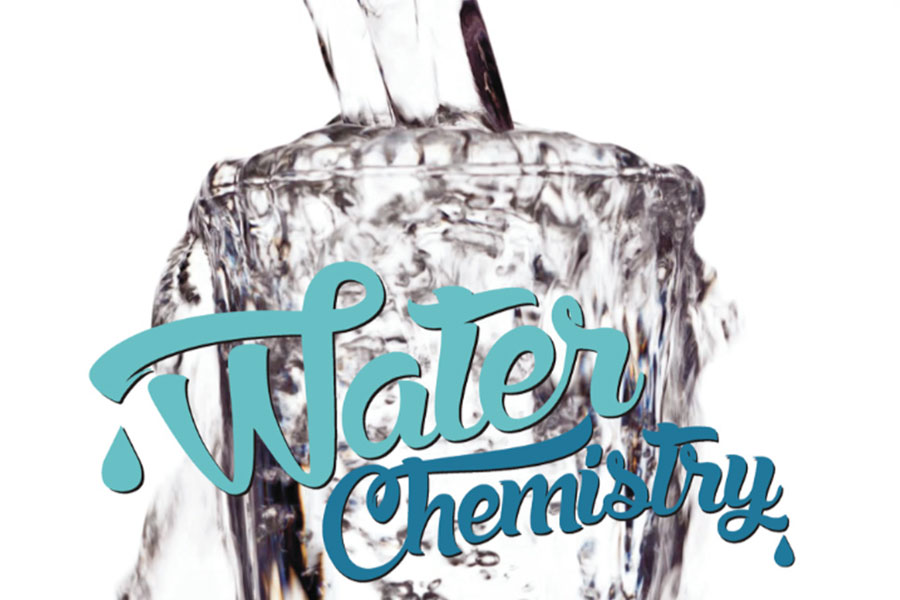

This article originally appeared in the November/December 2015 issue of Zymurgy Magazine
By Martin Brumgard
“If your water tastes good, you can brew with it” is an age-old axiom in brewing, but it’s not necessarily true. Good brewers shouldn’t ignore their brewing water, even if it tastes good. About the only true aspect of the saying is the reverse: “if your water tastes bad, you can’t brew with it.”
Bad-tasting water can be an obvious problem for brewing. Many water problems can affect the resulting beer. Table 1 presents some common water problems and their signature characteristics.
Avoiding water with those contaminants or treating water to correct them should be a brewer’s goal. However, an absence of these obvious problems does not mean that your water is ideal for brewing. Dissolved ions in water can affect brewing performance and beer taste. Proper levels of these ions in brewing water can improve beer flavor. Many other factors are important to understand in order to ensure you have good brewing water.
A Blank Canvas
In some places of the world, tap water can be ideal for certain styles of beer. However, that water may not be ideal for other styles. That is one reason why some areas of the world are known for certain beer styles, as those styles evolved to suit the ingredients and water found in those areas.
Access premium member content for $4.99/month. Join Now
Access premium member content for $4.99/month
Join for $4.99Already a member? Login here
